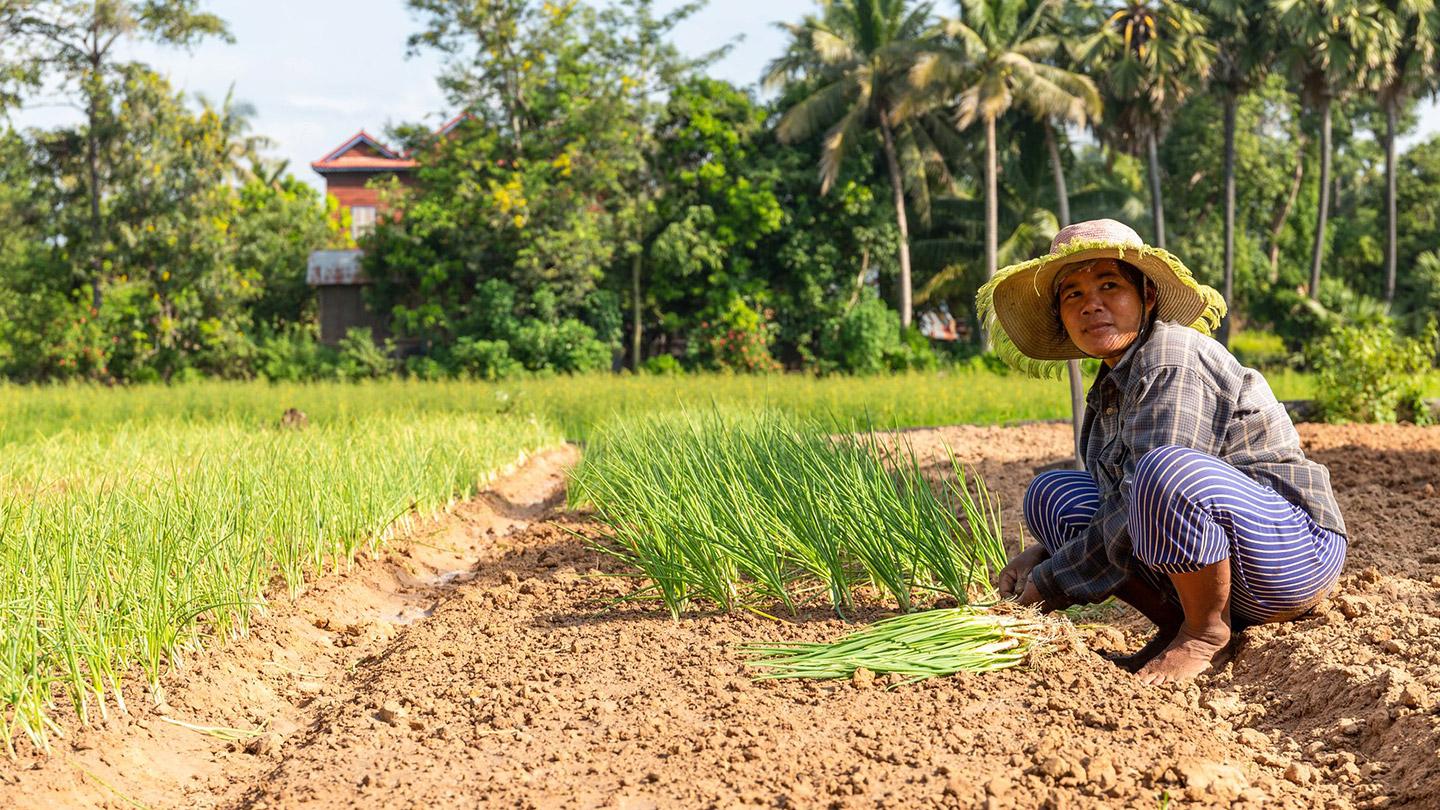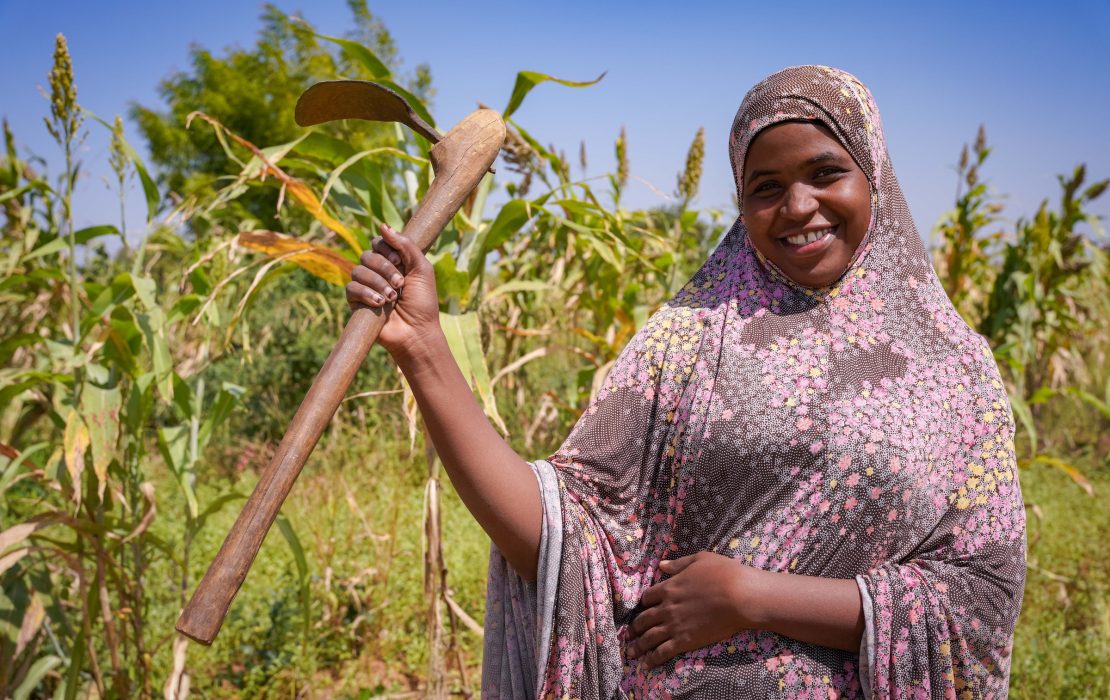
Photo: Kimheang Tuon/UNDP Cambodia
At its 36th meeting this week, the council of the Global Environment Facility’s Least Developed Countries Fund (LDCF) and Special Climate Change Fund (SCCF) has approved more than US$36 million towards boosting climate resilience and fostering inclusive, green economic development in Cambodia, Comoros, São Tomé and Principe, and Somalia.
Combined, the four approved projects will unlock more than $139 million in co-financing, and are expected to directly benefit more than 1 million people and bring more than 88,000 hectares of land under more sustainable management.
Least Developed Countries and Small Island Developing States are highly vulnerable to extreme weather events, sea-level rise, and environmental degradation, which threaten infrastructure, livelihoods and natural resources. Limited economic resources, high debt burdens and political instability can significantly impair their ability to adapt to climate change.
Each of the newly approved projects emphasizes an integrated approach that leverages nature-based solutions for disaster risk reduction, sustainable livelihoods and water security.
In Somalia, the proposed project – to be implemented in urban areas and nearby communities across seven states – will focus on restoring landscapes marred by deforestation, overgrazing and conflict, and on advancing climate risk-informed urban planning. It will also create sustainable livelihood options and promote green entrepreneurship among women, young people and Internally Displaced Persons.
In Cambodia, the proposed project will improve the management of vulnerable landscapes and watersheds in the Tonle Sap Basin, with a focus on conserving and restoring forests, improving water resource management, and promoting sustainable livelihoods. The project will explore innovative finance mechanisms to scale the approach in the future.
In São Tomé and Principe, the proposed project will increase the resilience of urban communities to the impacts of floods and enhance water security, through a combination of nature-based solutions and climate-resilient water, drainage and waste management.
In Comoros, where climate-induced water scarcity is a growing challenge, the proposed project will focus on securing a safe and resilient water supply, aligning with the country's target of ensuring 100 percent access by 2030.
Each project will work closely with communities while engaging the private sector to mobilize investment and change practices.
Over the next year, UNDP will continue to work with the respective governments to develop the projects, projected to launch in 2025.
***
For more information, please contact:
Radhika Dave, Senior Technical Advisor for Climate Change Adaptation, UNDP, radhika.dave@undp.org

